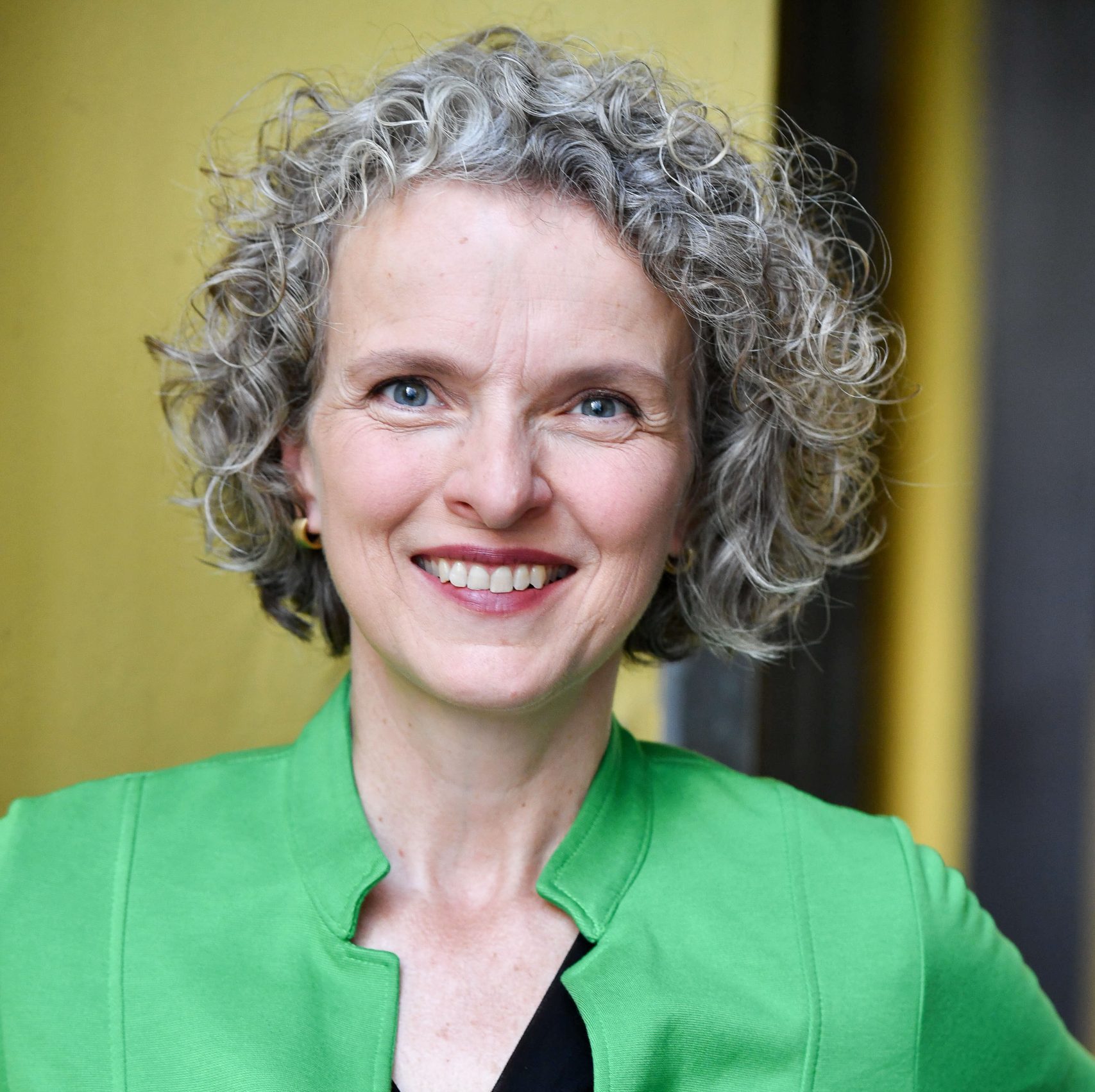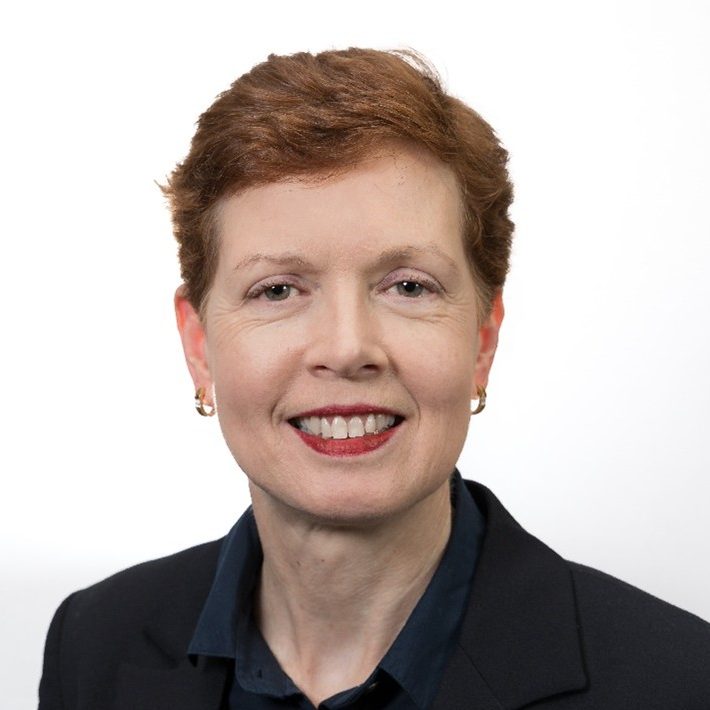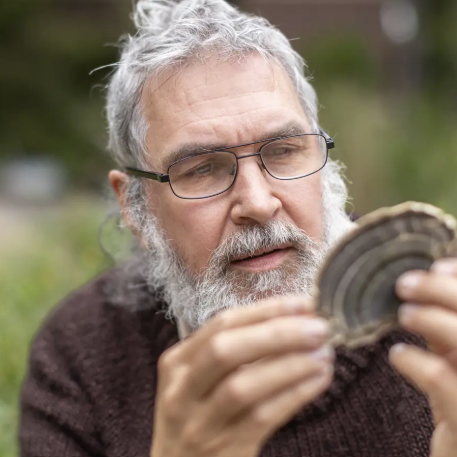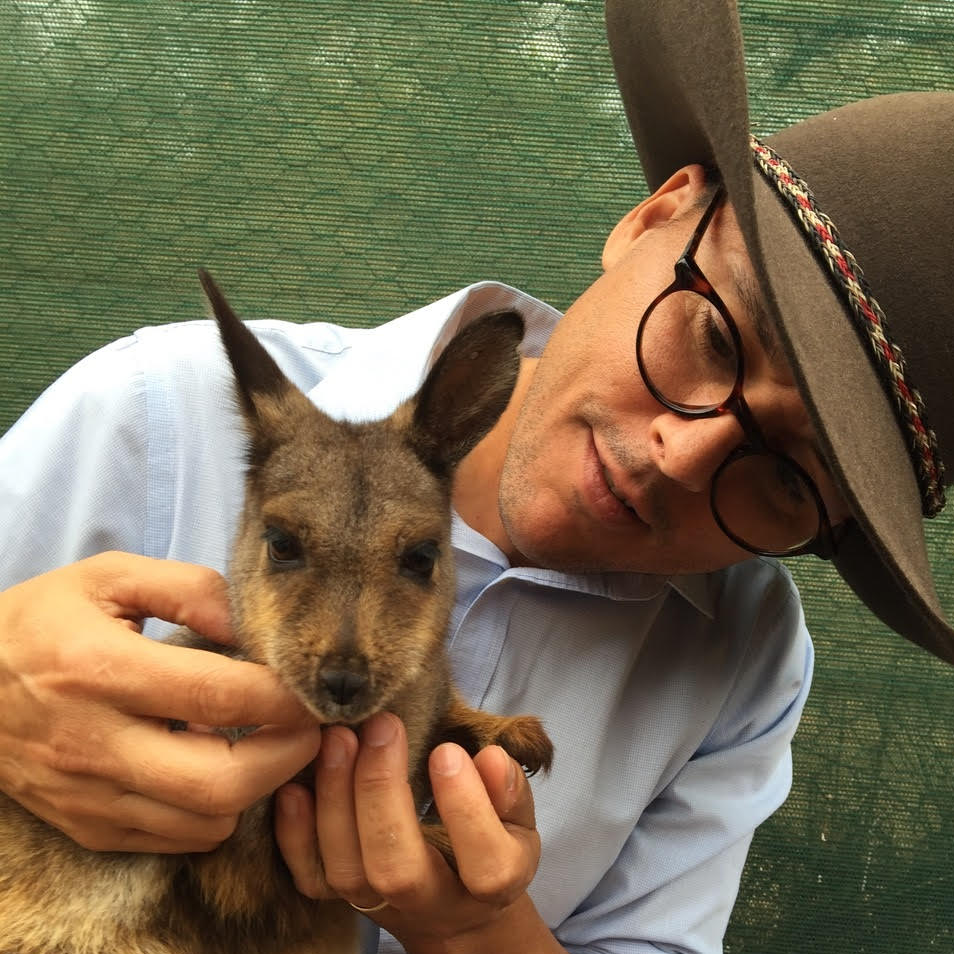
Dr. Susanne Hecker
Chairwoman European Citizen Science Association | Museum für Naturkunde Berlin
Dr. Susanne Hecker is the current chairwoman of the European Citizen Science Association (ECSA). She is Head of the Science Programme Society & Nature at the Museum für Naturkunde Berlin, Germany.
With a background in interdisciplinary communication science, her research focuses on citizen science at the intersection of science, society, and policy, with a particular interest in the role of communication in participatory research.
Susanne Hecker is actively involved in shaping the international citizen science landscape and regularly advises on strategic initiatives in science engagement and policy. Among others, she contributed to Germany’s White Paper Citizen Science Strategy 2030, served as an expert for the OECD report ‘Embedding citizen science into research policy’, and is member of the steering committee of #FactoryWisskomm, a national initiative on science communication launched by the German Federal Ministry of Education and Research.
She is a founding member and former Vice-Chair of the German-speaking Society for Transdisciplinary and Participatory Research (GTPF).
In recognition of her contribution to advancing citizen science internationally, she was recently shortlisted for the first PCST Prize by the global network for public communication of science and technology.
With a background in interdisciplinary communication science, her research focuses on citizen science at the intersection of science, society, and policy, with a particular interest in the role of communication in participatory research.
Susanne Hecker is actively involved in shaping the international citizen science landscape and regularly advises on strategic initiatives in science engagement and policy. Among others, she contributed to Germany’s White Paper Citizen Science Strategy 2030, served as an expert for the OECD report ‘Embedding citizen science into research policy’, and is member of the steering committee of #FactoryWisskomm, a national initiative on science communication launched by the German Federal Ministry of Education and Research.
She is a founding member and former Vice-Chair of the German-speaking Society for Transdisciplinary and Participatory Research (GTPF).
In recognition of her contribution to advancing citizen science internationally, she was recently shortlisted for the first PCST Prize by the global network for public communication of science and technology.

Dr Amanda Caples
Lead Scientist, Victoria
Dr Amanda Caples is Victoria’s Lead Scientist, a role that aligns and connects Victoria’s science, technology and innovation capability with business needs and with government’s economic development activities.
Amanda is Chair of mRNA Victoria’s Scientific Advisory Group; Chair of the Victorian Quantum Technology Network; and a non-executive Director of Agriculture Victoria Services Pty Ltd.
Amanda has led the development of industry and science and innovation policy in Victoria since joining the Victorian Public Service in 2002 as the inaugural Director of Biotechnology. During this time, she has delivered major policy reforms, a range of programs and global partnerships, and landmark initiatives including the Victorian Comprehensive Cancer Centre.
Amanda is experienced in clinical trials, regulatory affairs, business development and licensing through prior roles with international pharmaceutical and biotechnology companies.
Amanda is Chair of mRNA Victoria’s Scientific Advisory Group; Chair of the Victorian Quantum Technology Network; and a non-executive Director of Agriculture Victoria Services Pty Ltd.
Amanda has led the development of industry and science and innovation policy in Victoria since joining the Victorian Public Service in 2002 as the inaugural Director of Biotechnology. During this time, she has delivered major policy reforms, a range of programs and global partnerships, and landmark initiatives including the Victorian Comprehensive Cancer Centre.
Amanda is experienced in clinical trials, regulatory affairs, business development and licensing through prior roles with international pharmaceutical and biotechnology companies.

Dr Tom May
Principal Research Scientist (Mycology) | Royal Botanic Gardens Victoria
Dr Tom May has combined a distinguished research career with a passion for communicating and educating about fungi. He has held many roles in professional and citizen science
organisations, including as inaugural President of Fungimap. Tom has published widely in scientific and popular journals, co-authoring FunKey, an interactive key to mushroom genera, and the book Wild Mushrooming in Australia. His contributions to science and citizen science have been recognised by award of the Nancy T. Burbidge Medal and the Australian Natural History Medallion.
organisations, including as inaugural President of Fungimap. Tom has published widely in scientific and popular journals, co-authoring FunKey, an interactive key to mushroom genera, and the book Wild Mushrooming in Australia. His contributions to science and citizen science have been recognised by award of the Nancy T. Burbidge Medal and the Australian Natural History Medallion.

Gregory Andrews
Managing Director | Lyrebird Dreaming Pty Ltd
Gregory Andrews is a D’harawal man, citizen scientist, and communicator who brings lived experience, cultural knowledge, and decades of public service to his current work on climate justice and ecological protection and renewal. A former Australian Ambassador and senior diplomat fluent in English, French, and Mandarin, Gregory has represented Australia bilaterally and in the United Nations.
As Australia’s first Threatened Species Commissioner, Gregory led national efforts to conserve endangered wildlife by bridging government, science, and community action. He now leads Lyrebird Dreaming, a social enterprise that empowers communities and restores Country through First Nations leadership, citizen science, and climate resilience projects.
Gregory’s Dreaming is the Lyrebird which speaks the languages of all the other animals. He is passionate about the power of storytelling and grassroots action. He sees citizen science as much more than data collection, and rather a movement for cultural healing, truth-telling, and connection to country.
In his keynote, Gregory will share insights from diplomacy, Country, and community — inviting participants to imagine citizen science as a democratic and inclusive force that can help us regenerate both ecosystems and relationships in a warming world.
As Australia’s first Threatened Species Commissioner, Gregory led national efforts to conserve endangered wildlife by bridging government, science, and community action. He now leads Lyrebird Dreaming, a social enterprise that empowers communities and restores Country through First Nations leadership, citizen science, and climate resilience projects.
Gregory’s Dreaming is the Lyrebird which speaks the languages of all the other animals. He is passionate about the power of storytelling and grassroots action. He sees citizen science as much more than data collection, and rather a movement for cultural healing, truth-telling, and connection to country.
In his keynote, Gregory will share insights from diplomacy, Country, and community — inviting participants to imagine citizen science as a democratic and inclusive force that can help us regenerate both ecosystems and relationships in a warming world.
